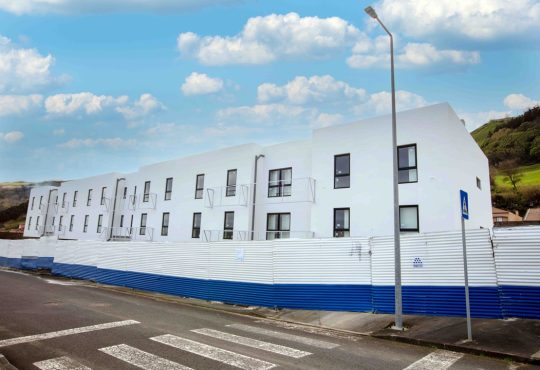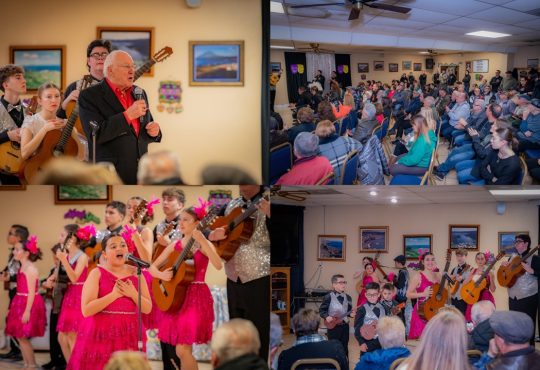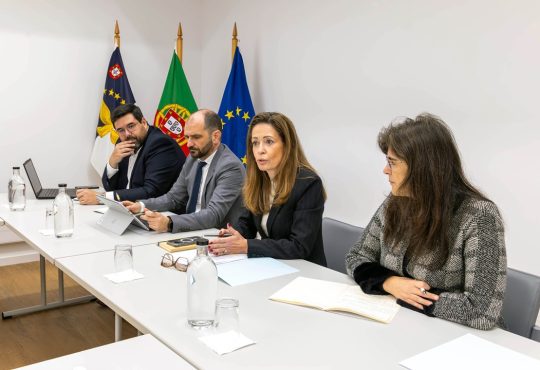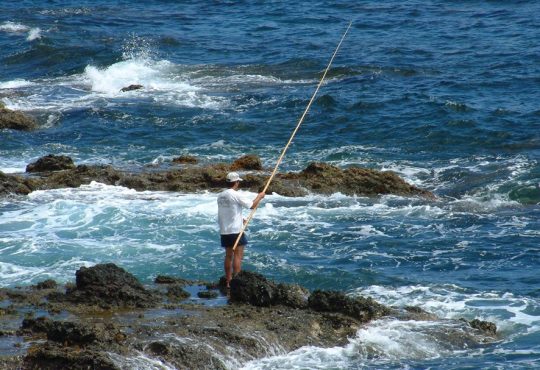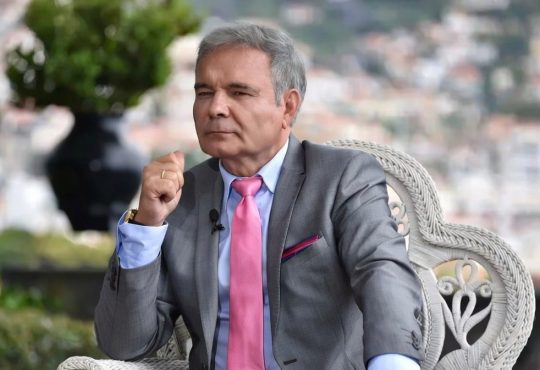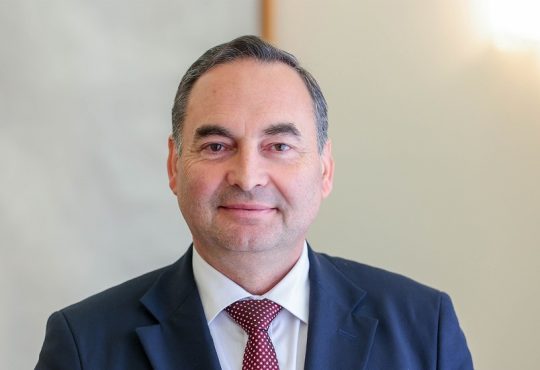DIÁSPORA | The Portuguese Legacy in the Southern San Joaquin Valley, Diniz Borges
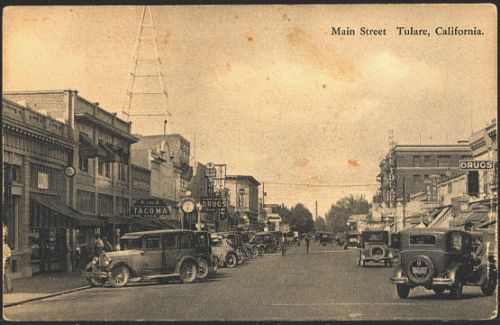
Sábado de Aleluia
As the Portuguese-American community integrates into the American mainstream, it is worth remembering our collective history. Easter Saturday in the Portuguese-American communities in Tulare, Kings, Kern, and Fresno counties in the 1960s and 1970s was an exceptional evening. It was known as Portuguese Radio Festa Day. Indeed, two of our most famous radio programs commemorated their anniversary the same evening.
In Hanford, the “Festa dos Morissons,” Joaquim and Amélia Morisson began their radio program in the late 1950s. It was one of the most emblematic programs, listened to by thousands of immigrants and first-generation Portuguese-Americans. Ecos do Vale (Echols of the Valley) was a staple on Sunday evenings between 6 and 7:30 PM. Many families had dinner every Sunday with the Morisson’s; others had an early dinner so the family could sit by the radio and enjoy the broadcast. The Morisons were immigrants from the island of Faial and were in the travel, immigration services, and notary public business.
In Tulare, we had the Festa dos Piscas, the nickname for Inácio and Margarida Santos, who were the popular hosts of the Programa Portugal. This is one of our oldest Portuguese radio programs in the Valley, and the oldest one in Tulare, going on air for the first time in 1937. Their program went on air on Sundays from 3-4 PM. The Santos’s owned a grocery store, and their business was the central connection to many recent immigrants from the Azores. Mr. Santos was an immigrant from mainland Portugal, Lisbon’s outskirts, and Mrs. Santos was from the island of São Miguel.
Apparently, as it happened in many areas of California, there was an ongoing dispute between the Morisson’s and the Santos’ culminating in the decision to do their radio program Festa on the same weekend. So, every Easter Saturday, the community was either at the TDES Hall in Tulare or at the Fraternal Hall in Hanford, celebrating the Portuguese language with music, Portuguese sweets (mostly massa sovada), and an array of entertainment. The bands usually came from Northern California, and the events were widely anticipated by the community, who viewed these radio personalities as celebrities. The halls were packed generally over 500 in attendance at each festa. An event that everyone looked forward to attending.
The Portuguese radio programs were an essential part of our community. We are who we are today due to the existence of these programs in a much different world, where Portugal was very far away and kept the language and many of the customs alive. The radio programs brought news of the community, news from Portugal, job listings, promoted artists and musicians and had history and poetry segments. I can’t imagine what type of community we would be today without the Portuguese radio from the 1930s until the early 2000s.
Diniz Borges—Portuguese Beyond Borders Institute-Fresno State
(Personal note: I began a radio program in December of 1976, Voz do Imigrante Português, and in 1979, when Nivéria and I were married, Mr. Joaquim Morisson, one of my mentors, was the MC at our wedding. We spent our Easter Saturdays going to both festas)



